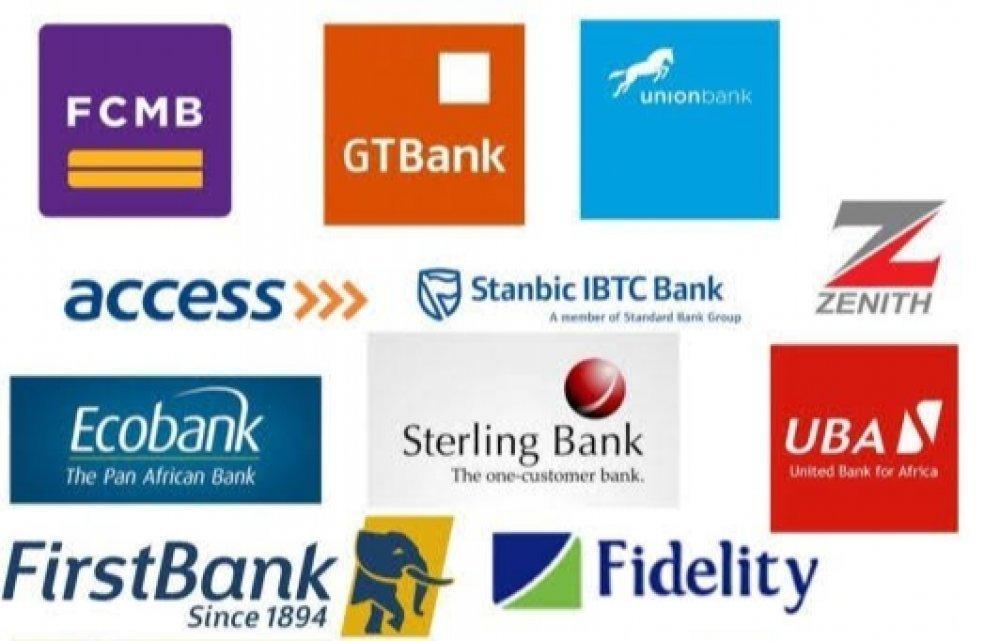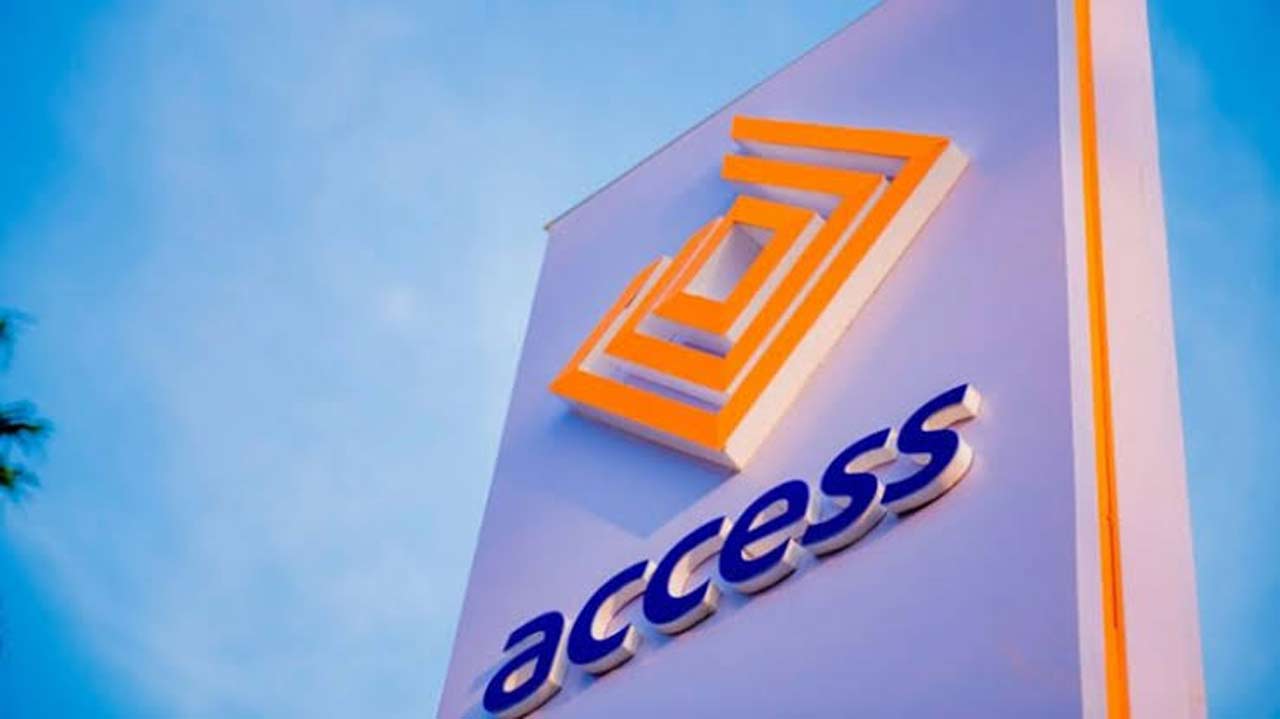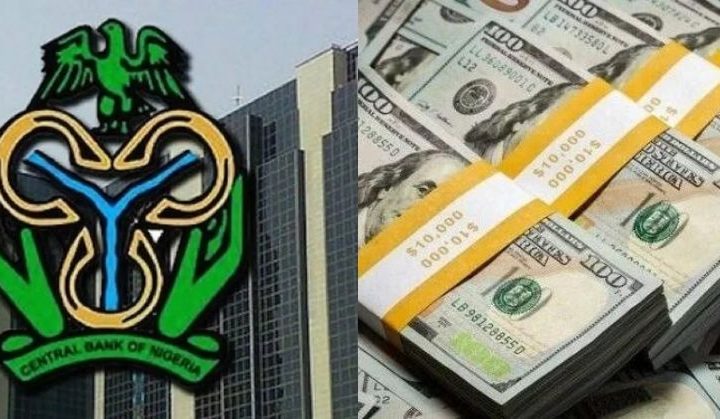The adoption of Basel III would strengthen Nigerian banks’ stressed capital level, improve capital quality (as risk levels are reduced with the exposure restriction) and maintain a strong liquidity position, says investment banking and research group Afrinvest (West) Africa Limited.
The firm, in its new Nigerian banking sector report, stated that after successfully implementing Basel II, lenders are set to commence the adoption of
Basel III from November 2021 after a year-long delay due to COVID-19 pandemic.
The phased implementation requires a parallel run of Basel II and III for six months with a possible three-month extension and a transition to full implementation if banks perform satisfactorily.
Join our WhatsApp ChannelThe implementation of Basel III started globally since January 2013 and places importance on strong liquidity and capital for financial stability.
However, the report noted that this is no good news for banks below par, as capital raising to meet up could cause a dilution and affect dividend payout.
Also, maintaining the revised liquidity position could hurt Non-Interest Margin (NIM) as banks have to pay down long-term assets with higher yield.
“As highlighted by the CBN, adoption of Basel III requires Nigerian banks to strengthen their current capital adequacy, liquidity, and leverage positions.
“Accordingly, banks are required to hold a capital conservation buffer of 1.0per cent in addition to the minimum Capital Adequacy Ratio (CAR) of 15.0per cent (international) and 10.0per cent (national) with an additional 1 percent of common equity capital for higher loss absorbency for Domestic Systemically Important Banks (DSIBs), in the form of common equity capital,” the report read in part.
Specifically, additional tier 1 capital which is typically hybrid instrument was introduced in the computation of total Tier 1 capital.
Also, ceiling for banks’ dividend payment would be based on Common Equity Tier 1 (CET1) capital adequacy, Non-Performing Loan (NPL) ratio, leverage ratio and composite risk rating (determined by the CBN) as against previously using NPL and CAR ratios.
According to Afrinvest, for liquidity measures, banks are to maintain liquidity coverage ratio (LCR- a stock of high-quality liquid assets (HQLA) that is at least equal to total net cash outflows) of at least 100.0percent on an on-going basis.
Similarly, it observed that liquidity monitoring tools were introduced and includes contractual maturity mismatch, concentration of funding, available unencumbered assets, LCR by significant currency and market-related monitoring
tools.
To lower excessive on and off-balance sheet leverage by banks, the CBN requires that banks maintain a minimum leverage ratio of 4.0per cent and 5.0per cent for DSIBs (computed as tier 1 capital over on and off-balance sheet, derivatives, and securities-
backed transactions exposures).
“From our analysis using 2020 figures, all banks in tier 1 and 2 categories operating as a national, international and DSIB passed the stress test conducted to determine compliance with the new CAR threshold.
It stated that in the banking sector, there was a show of resilience amid the tough macroeconomic, low-yield and tight regulatory environment. For instance, the industry’s gross earnings rose 2.8per cent year on year( y/y) to ₦5.0trillion in 2020, albeit at a slower pace relative
to 2019 (9.9%), supported by the CBN’s stimulus packages to critical sectors, interest rate reduction on intervention facilities and forbearance for banks to restructure term loans.
This resilience by banks was carried into half-year (H1):2021, mirroring the recovery in the broader economy where output grew 0.5per cent, and 5.0 per cent respectively in real terms in Q1:2021 and Q2:2021, and 4.0 per cent in Q3:2021.

















Follow Us